Consumer devices: The sting in the tail
Are the advantages of BYOD outweighed by the risks? Perhaps not, but CIOs need to plan for a more fluid line between work and personal life
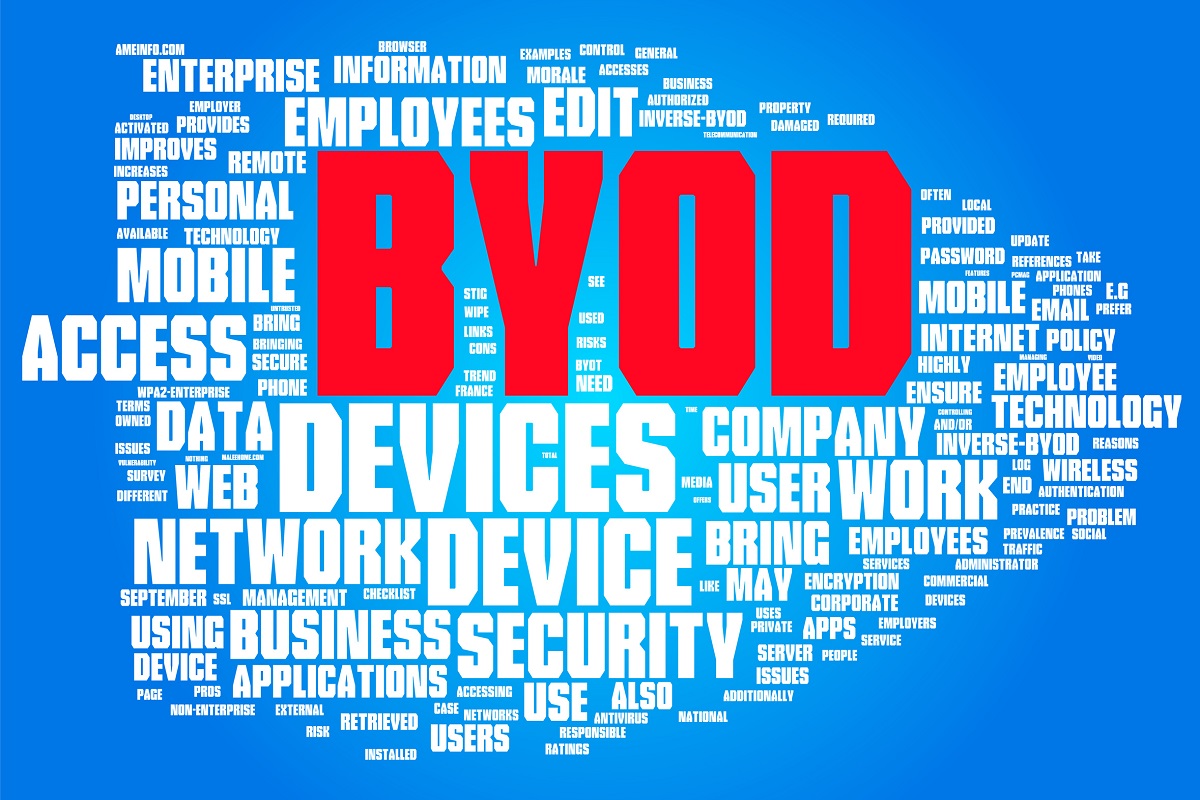
Inside the enterprise: Much has been written, here and elsewhere about the rise of the consumer device in the enterprise. But hard data on how we use personal devices at work is still rather hard to come by.
Samsung, though, has attempted to quantify at least some of the effects of the use of both personal devices, and consumer-focused apps, at work.
The survey of 4,500 workers across Europe suggested that three quarters of people do work in their personal time, and take care of personal tasks at work. That might not be much of a surprise, given the hours many Europeans spend in the office.
But the Samsung study also found that on average, office workers have 10 personal apps on work smartphones. As many as 41 per cent of workers use a personal smartphone for work.
More worryingly at least for IT managers is the finding that 26 per cent of workers use personal technology to work round restrictions on the apps, services, or websites they can access using business-issued technology. Younger workers are the most likely to try to circumvent company rules.
That compliance with, or even awareness of, security and data protection rules is low will, again, surprise few CIOs or IT security teams.
According to the research, 11 per cent of European workers didn't know whether or not there was a company policy on using personal devices for work and used their devices regardless.
Get the ITPro daily newsletter
Sign up today and you will receive a free copy of our Future Focus 2025 report - the leading guidance on AI, cybersecurity and other IT challenges as per 700+ senior executives
Younger workers are the most likely to try to circumvent company rules.
Some 44 per cent of companies did, though, have either a formal or an informal BYOD policy. Unfortunately for compliance, 18 per cent of European workers knew about policies, but also continued to use their own devices.
Compliance with security policies rather than more general rules on BYOD was rather more positive: 45 per cent of workers said they were aware of policies, and tried to keep to them. Another 15 per cent knew of a policy but confessed to not knowing its content. Another 12 per cent ignored the policy.
This suggests that companies have more to do, both to raise awareness of their policies, and to ensure compliance. Physical and software security measures do have their place. But if bright and well-meaning employees circumvent them in order to do their jobs, IT will always be on the back foot.
Instead, the focus needs to be on user education not just around the policies and rules, but explaining why those policies and rules are necessary. Samsung did find that security awareness has increased over the last year, and almost all companies said they had strengthened security measures too.
But to be effective, security has to be user-friendly as well as technically robust. In that area at least, it seems there is work still to be done.
Stephen Pritchard is a contributing editor at IT Pro.
-
 Bigger salaries, more burnout: Is the CISO role in crisis?
Bigger salaries, more burnout: Is the CISO role in crisis?In-depth CISOs are more stressed than ever before – but why is this and what can be done?
By Kate O'Flaherty Published
-
 Cheap cyber crime kits can be bought on the dark web for less than $25
Cheap cyber crime kits can be bought on the dark web for less than $25News Research from NordVPN shows phishing kits are now widely available on the dark web and via messaging apps like Telegram, and are often selling for less than $25.
By Emma Woollacott Published
-
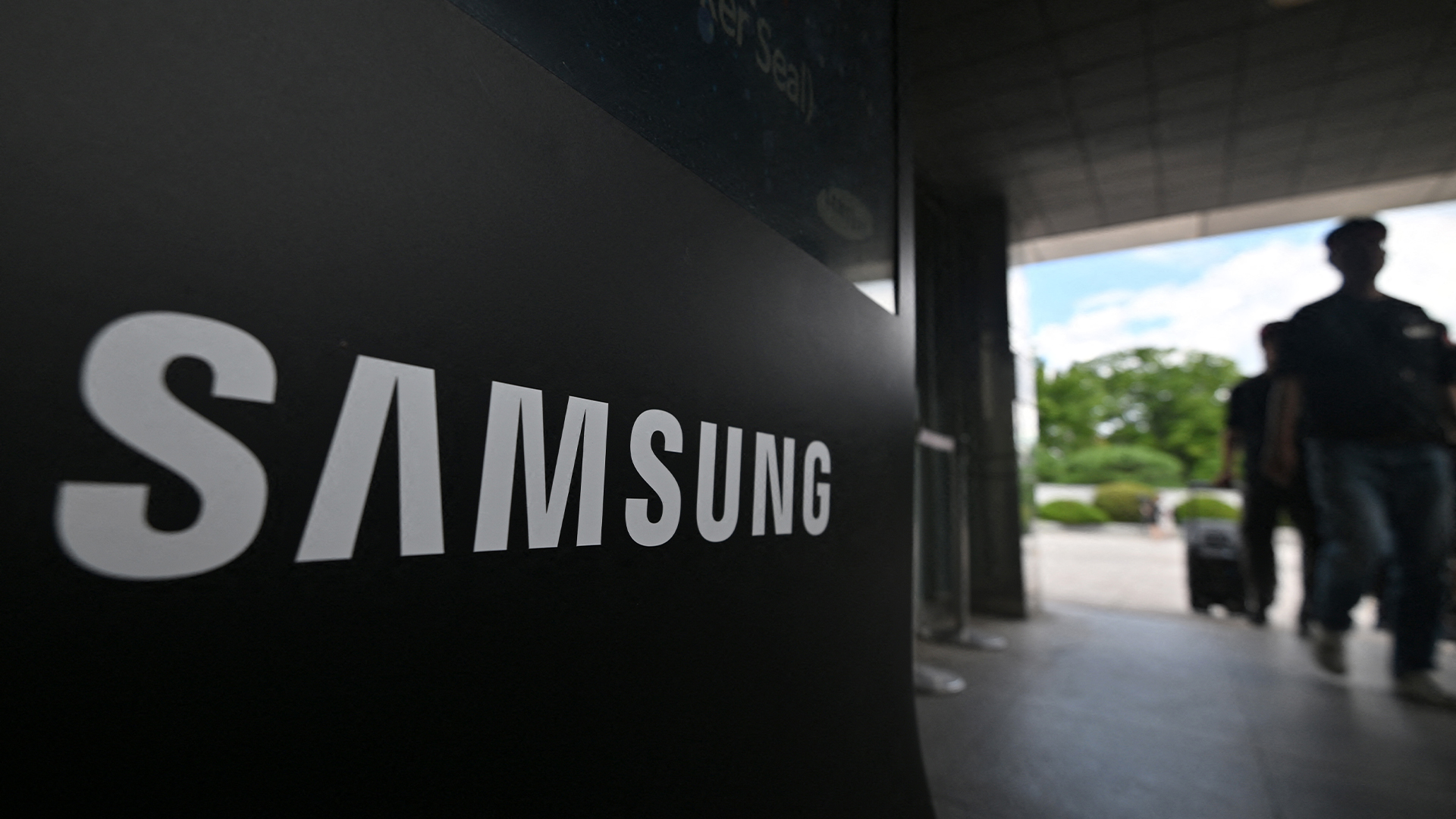 Samsung ramps up AI capabilities with Oxford Semantic Technologies acquisition
Samsung ramps up AI capabilities with Oxford Semantic Technologies acquisitionNews Oxford Semantic Technologies' knowledge graph tech will be incorporated into Samsung products across the board
By Emma Woollacott Published
-
 Samsung UK recruits its first chief customer officer in bid to boost partner engagement
Samsung UK recruits its first chief customer officer in bid to boost partner engagementNews Deborah Honig will lead Samsung UK’s customer experience activity across its portfolio of business offerings in the region
By Daniel Todd Published
-
 Samsung proposes 11 Texas semiconductor plants worth $191 billion
Samsung proposes 11 Texas semiconductor plants worth $191 billionNews The school boards of Austin and Taylor are to consider new facilities that could bring 10,000 new jobs to the area
By Rory Bathgate Published
-
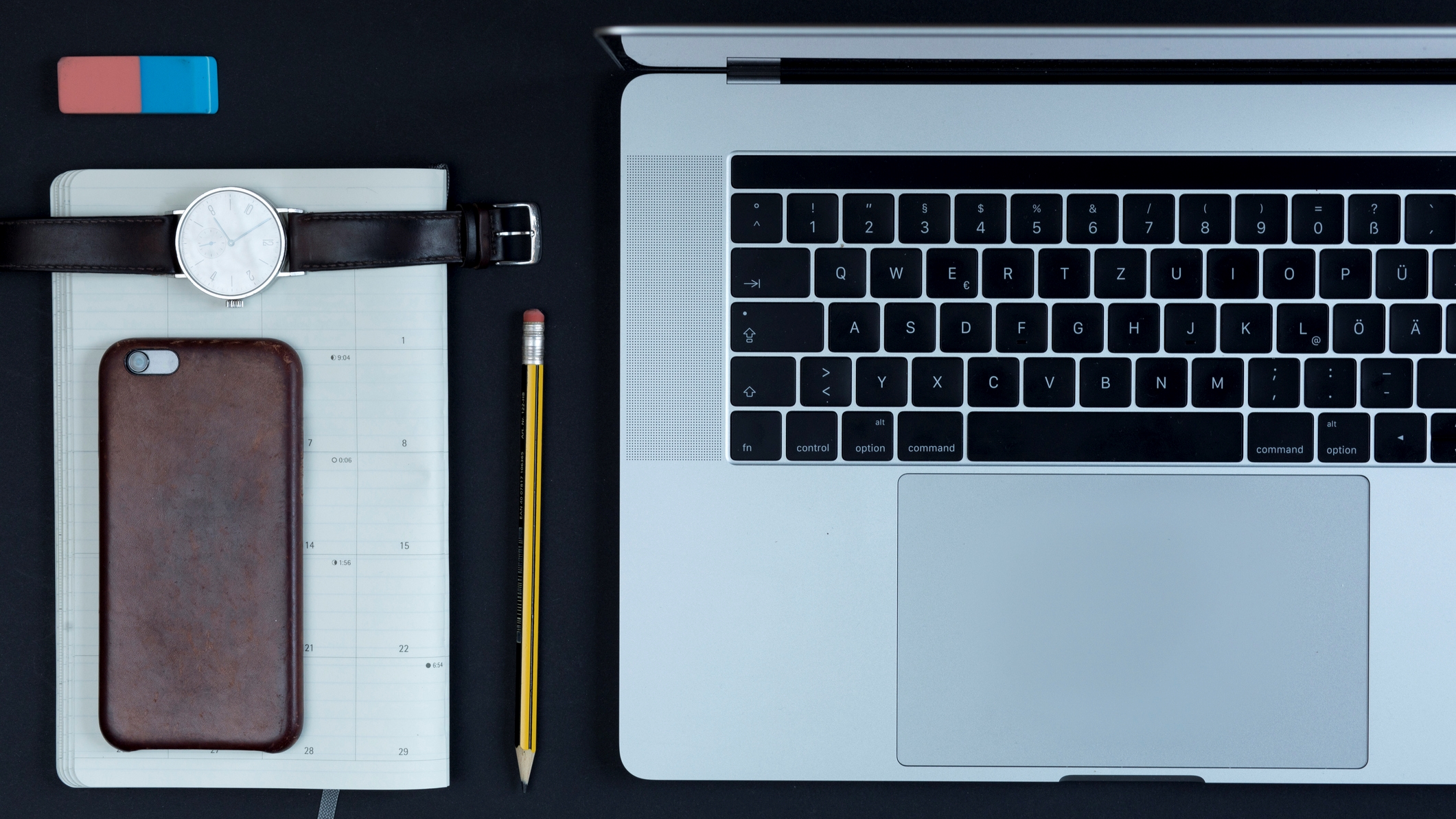 Rebooting your BYOD strategy
Rebooting your BYOD strategyIn-depth With hybrid working becoming the norm, there's a need for a device management overhaul. What does BYOD 2.0 look like?
By Kate O'Flaherty Published
-
 IT Pro Panel: Why BYOD is (sort of) here to stay
IT Pro Panel: Why BYOD is (sort of) here to stayIT Pro Panel CIOs explain why they aren’t going all-in on personal devices
By Adam Shepherd Published
-
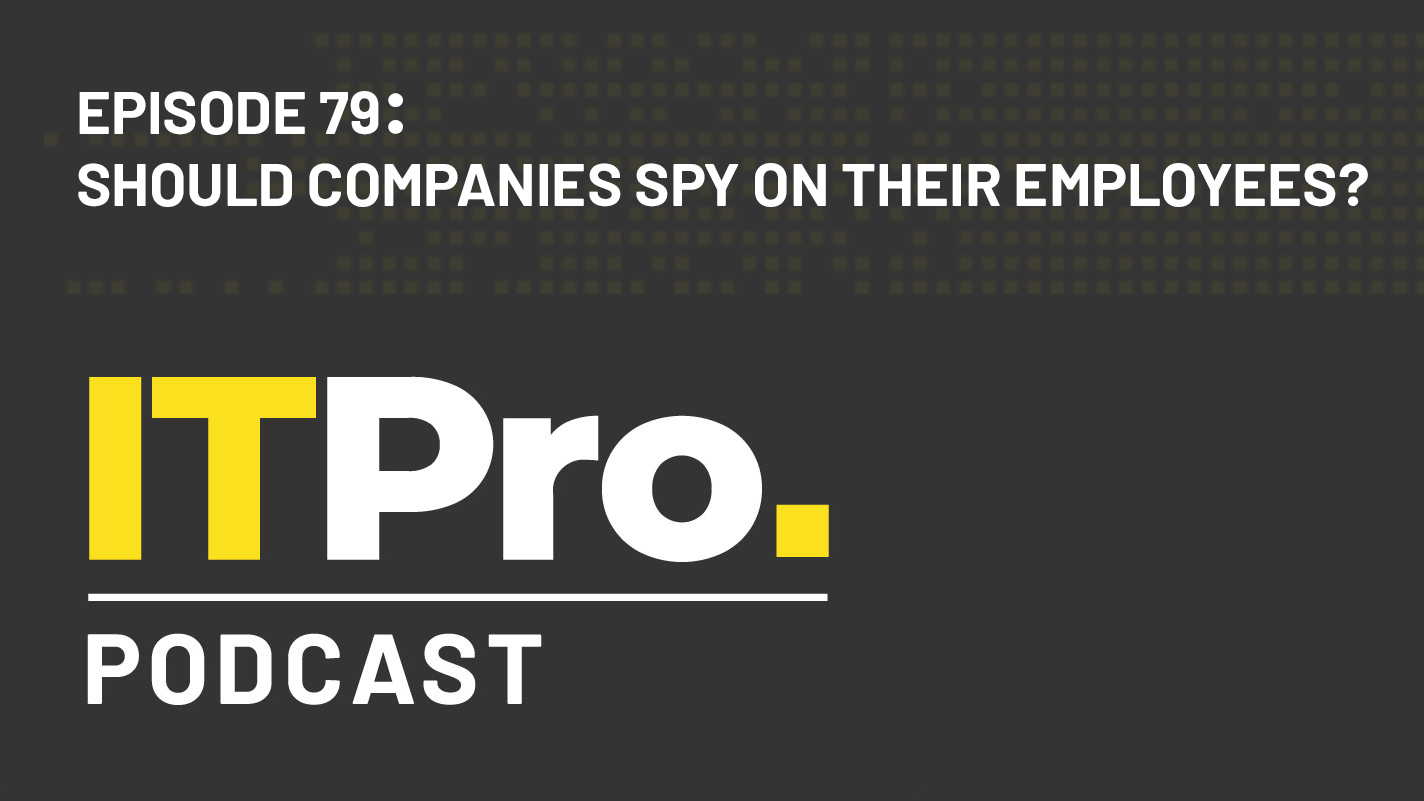 The IT Pro Podcast: Should companies spy on their employees?
The IT Pro Podcast: Should companies spy on their employees?IT Pro Podcast Where’s the line between security and surveillance?
By IT Pro Published
-
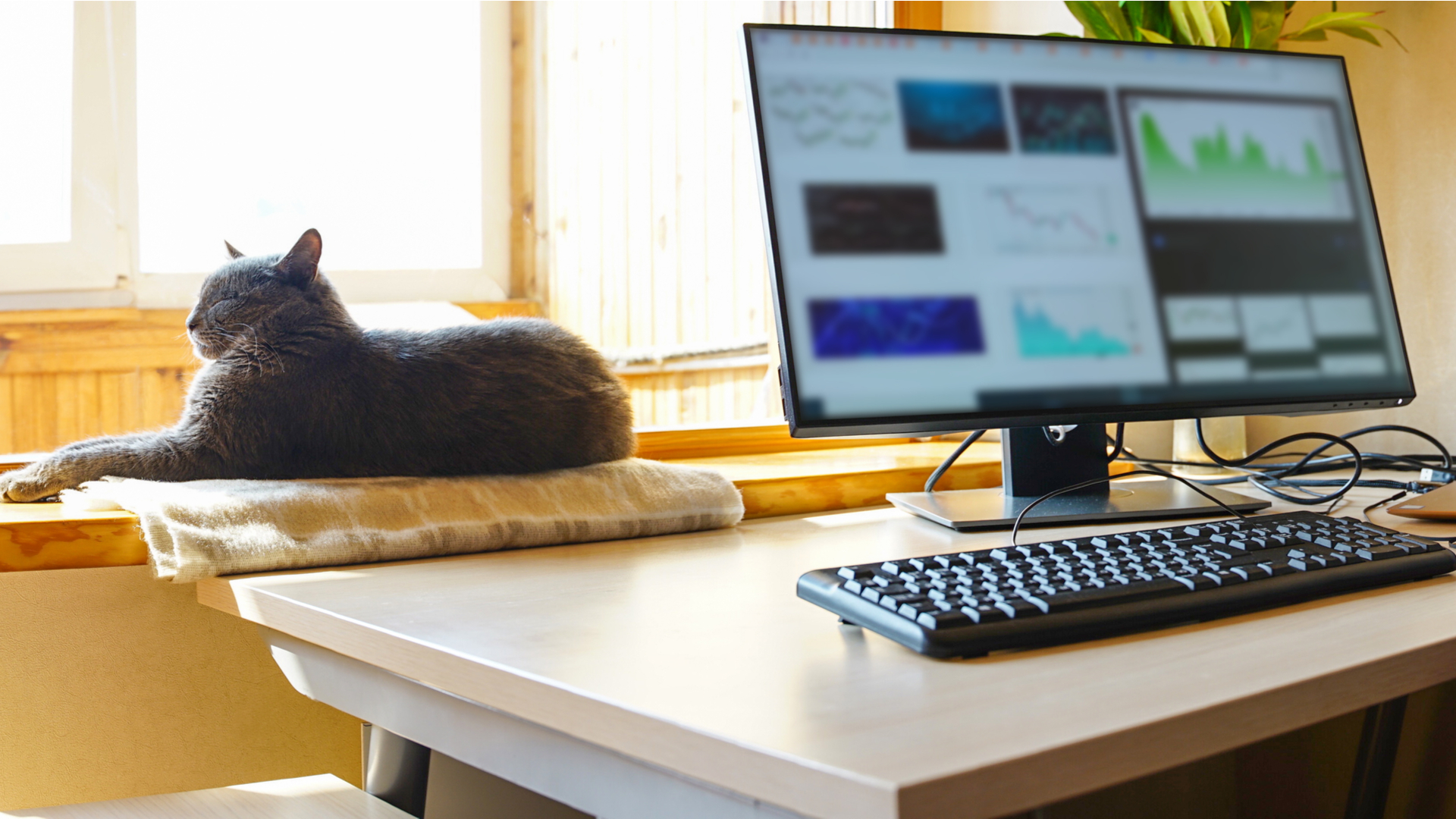 What are employers' responsibilities when we use personal tech to work from home?
What are employers' responsibilities when we use personal tech to work from home?In-depth With many more months of lockdown ahead of us, and workers reluctant to return to the office full time, it's time to think about roles and responsibilities
By Sandra Vogel Published
-
 What is the 'personalisation of IT'?
What is the 'personalisation of IT'?In-depth With millions of people using personal devices for professional purposes while working from home, consumerisation has entered a new phase
By David Howell Published